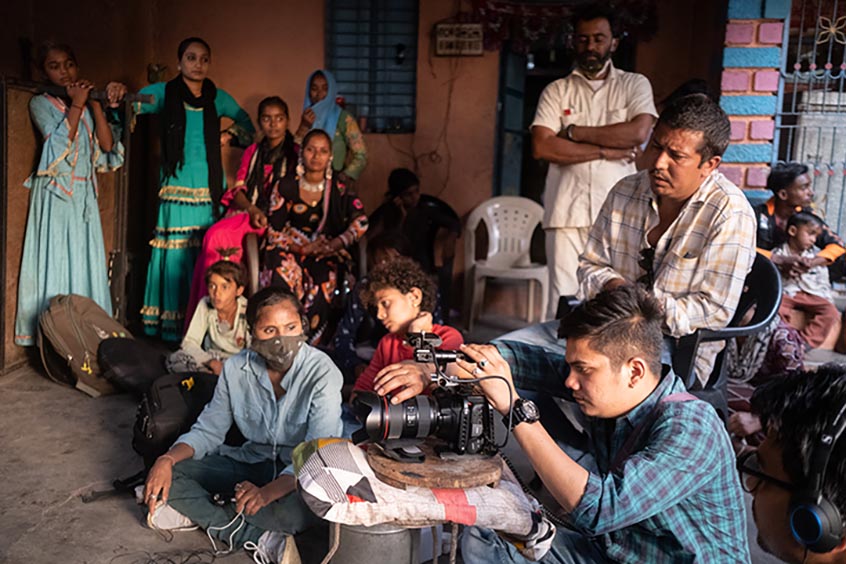CRÍA
Research
Colonial Countryside
Colonial Countryside is a child-led history and writing project about National Trust houses’ colonial connections. Country houses’ links to empire are unique to each house, whether those be slavery links, histories of colonial governance or East India Company activity. The attached photographs are by the shortlisted Turner-Prize artist Ingrid Pollard, who recorded the children’s encounters with these histories at ten National Trust properties. Many of the colonial histories associated with these sites involve trauma or conflict, so the Colonial Countryside project also commissioned 10 writers to work with a team of historians to bring the archives to life and to respect the human dimensions of this sensitive history.
![]()
Interpreting Iconoclasm
Stacy Boldrick’s 2021-23 British Academy-funded project, ‘Mother Church as Museum: Interpreting Iconoclasm in Medieval Sculptural Fragment Collections in Storage and on Display’ was a first step towards a larger study of later medieval sculptural fragment collections in churches. This scoping project examined the historic origins and later forms of storage, display and interpretation of six medieval sculptural fragment collections remaining in English churches (London Charterhouse, Milton Abbey, Westminster Abbey, Wimborne Minster, Winchester Cathedral, Tewkesbury Abbey). A comparative analysis of these collections and their histories, consisting of site visits and archival research, together with two workshops, helped to initiate wider thinking about historical accounts of later medieval fragment collections in English churches and curatorial approaches to their current storage and display practices. More broadly, the research also examined contemporary curatorial and intellectual approaches to later medieval fragments broken as a result of iconoclastic acts or other unidentifiable events.
Budhan Stories: indigenous film in India
Under the umbrella of Budhan Stories, Alice Tilche has been supporting a series of community-led projects aimed at developing indigenous filmmaking practices, methodologies and visual languages that address the asymmetries in the public sphere and the exclusions of indigenous communities from knowledge production.
Budhan-Stories began in response to the global Covid-19 pandemic to capture the experiences of India’s most marginal indigenous and nomadic communities through theatre, film and digital technology, creating an archive of memory against erasure. This project has since grown into an ambitious training programme for young leaders from marginalised communities, developing a practice of research-based filmmaking that addresses the asymmetries in the public sphere, and communities’ exclusion from knowledge production. Our latest project titled Indigenous Film Ecologies in India, is an action research intervention aimed at developing: a) an ambitious training programme for young leaders from indigenous and marginalised communities in India’s most fragile ecological regions, generating fiction and non-fiction films based on robust research; b) a Nomad Film Festival as a platform for showcasing films from indigenous communities across the country and beyond. These projects address longstanding questions of power in knowledge production, enabling the restitution of power to communities over knowledge produced about them.
Budhan-Stories is a community-led project initiated by a collective of indigenous artists and filmmakers associated with Budhan Theatre and Nomad Movies, and co-designed with Dakxin Bajrange (activist, award-winning filmmaker, playwright and director of Nomad Movies), Dr. Alice Tilche (anthropologist, curator and filmmaker), and Dr. akshay khanna (theatre practitioner, lawyer and medical anthropologist). Budhan-Stories has involved numerous partnerships over the years, most importantly with the Adivasi Academy and Bhasha Research and Publication Centre, the Conflictorium-Museum of Conflict, and with the many communities and artists that the project engages. These projects have been generously supported by funding from the Arts and Humanities Research Council UK and the British Academy.
